General Secretary To Lam signed and issued Resolution 71-NQ/TW of the Politburo on breakthroughs in education and training development (Resolution 71-NQ/TW). Dr. Nguyen Song Hien, an education researcher, assessed that this resolution brings many great opportunities for the education sector, so it should be grasped.
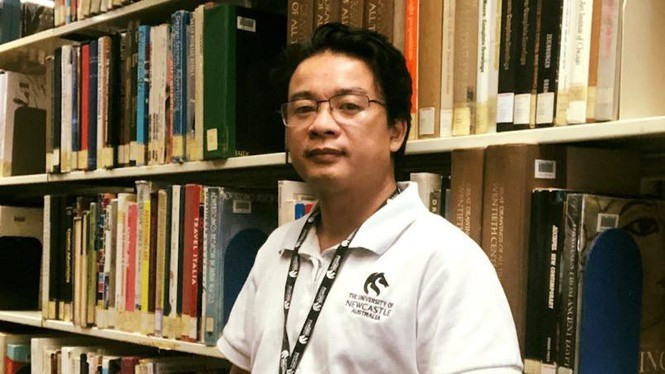
Resolution 71 demonstrates strategic thinking and vision.
Dr. Hien commented that, compared to Resolution 29/2013 on "fundamental and comprehensive change in Vietnam's education", Resolution 71/2025 demonstrates a strong breakthrough in strategic thinking and vision that meets the requirements of the new era.
First, a breakthrough in long-term goals and international vision. For the first time, Vietnam has quantified specific targets for elite universities (5 schools in the world's top 100 by 2045).
This is an “international benchmark” goal (meaning the process of comparing and evaluating performance), placing Vietnamese education in a globally competitive position, not just stopping at internal improvement.
In addition, according to this researcher, the Resolution also aims to train global citizens with requirements for good foreign languages, technology, critical thinking, while preserving national cultural identity, showing a harmonious combination between integration and identity.
The second breakthrough, according to Dr. Hien, is in the financial mechanism and policy. Spending 20% of the State budget on education, of which 5% is for development investment and 3% is for higher education: for the first time, there is a clear allocation ratio, avoiding the situation of spreading. The policy of increasing preferential allowances for disadvantaged areas to 70-100%: solving the bottleneck of regional inequality, ensuring fair education. In addition, the Resolution paves the way for a real university autonomy mechanism, while attracting international experts: creating a global flow of knowledge into Vietnam.
The third important breakthrough is in science and technology. Focusing on STEM and digital transformation, considering AI as a strategic turning point: this is the shift from “traditional to digital knowledge” – in line with global trends.
“This resolution identifies AI as not just a tool but a “platform for creating breakthrough transformation”, opening up opportunities for Vietnam to make a rapid breakthrough, shortening the gap with educational powerhouses” - Dr. Hien emphasized.
Another important point, according to this education researcher, is the extremely important breakthrough in management thinking and the elite university model.
For the first time, the concept of “elite university” was introduced at the resolution level: not only being the leading university in the country, but also meeting international standards. This orientation puts pressure on reforming university governance, increasing transparency, competition, and international connections. It creates motivation for universities to renew themselves, changing from the model of “teaching – granting degrees” to “research – innovation – entrepreneurship – integration”.
Finally, according to Dr. Hien, it is a breakthrough in educational philosophy. Aiming for liberal education, developing the whole person, instead of just training according to the needs of the immediate labor market. Promoting critical thinking, creativity and humanity, along with preserving Vietnamese identity: this is a fundamental innovation in educational philosophy, approaching the model of advanced education systems.
Is there a challenge?
However, Dr. Nguyen Song Hien commented that there are some challenges we need to be clearly aware of in the process of putting the resolution into practice.
Firstly, the goal of having 5 elite universities in the world's top 100 by 2045 can be said to be an ambitious number compared to the current strength of Vietnam's higher education. In fact, the quality of Vietnam's higher education is only average compared to the region. This goal will pose a huge responsibility for the Ministry in charge as well as the Vietnamese higher education system in the next 20 years.
Besides, we lack a transparent evaluation system, so the implementation process easily leads to formality.
The second challenge is human resources. Currently, at all levels of education, the number of good and prestigious teachers, lecturers and scientists is still modest. The treatment of this human resource is not internationally competitive. The brain drain situation has no effective solution.
Third, the gap in educational development between regions is still quite large, especially in remote areas, areas with poor digital infrastructure, and areas prone to falling behind. This will create the risk of two educational speeds: elite in urban areas and backwardness in rural areas.
The fourth challenge is social awareness and thinking. We still place too much emphasis on exams and degrees, and little importance on research and creativity. This is also a barrier to training global citizens with critical and creative thinking.
Source: https://tienphong.vn/nghi-quyet-71-nqtw-co-hoi-lon-nao-cho-giao-duc-viet-nam-post1775938.tpo







![[Photo] Cutting hills to make way for people to travel on route 14E that suffered landslides](https://vphoto.vietnam.vn/thumb/1200x675/vietnam/resource/IMAGE/2025/11/08/1762599969318_ndo_br_thiet-ke-chua-co-ten-2025-11-08t154639923-png.webp)
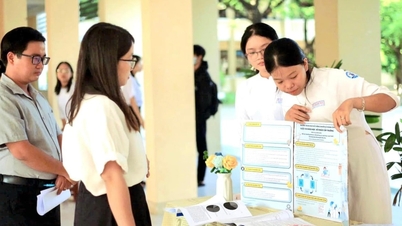

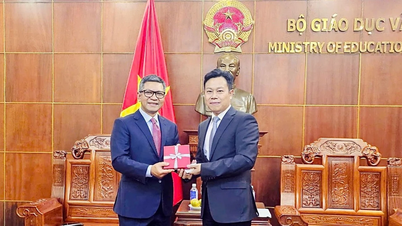

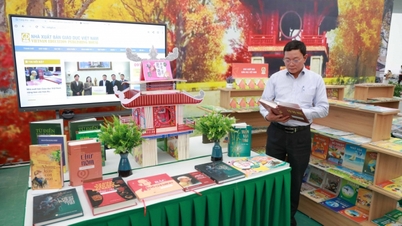

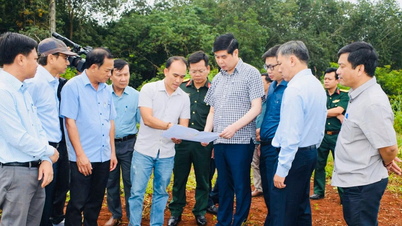
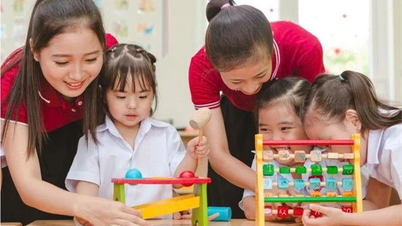
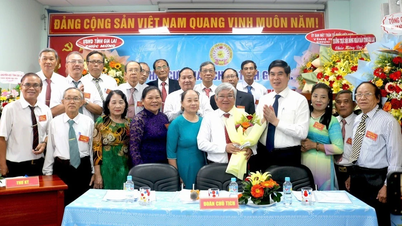

![[Video] University of Foreign Languages - Vietnam National University, Hanoi received the First Class Labor Medal](https://vphoto.vietnam.vn/thumb/402x226/vietnam/resource/IMAGE/2025/11/08/1762614378165_gen-h-z7203450341291-b1f427bb0cccc706a5bcc4b985f90a70-7234-jpg.webp)


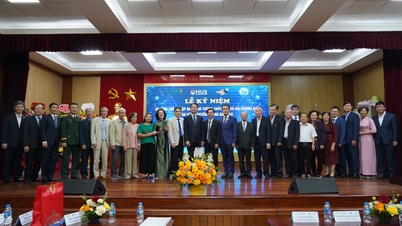




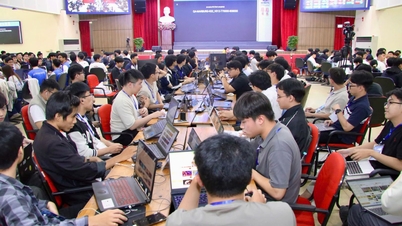

















![[Video] Hue Monuments reopen to welcome visitors](https://vphoto.vietnam.vn/thumb/402x226/vietnam/resource/IMAGE/2025/11/05/1762301089171_dung01-05-43-09still013-jpg.webp)















































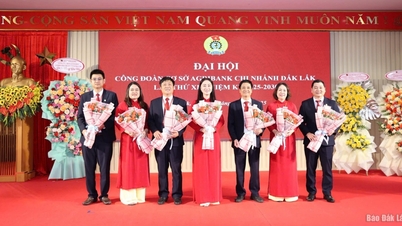

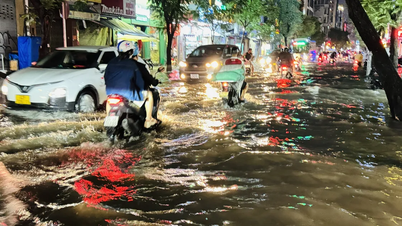














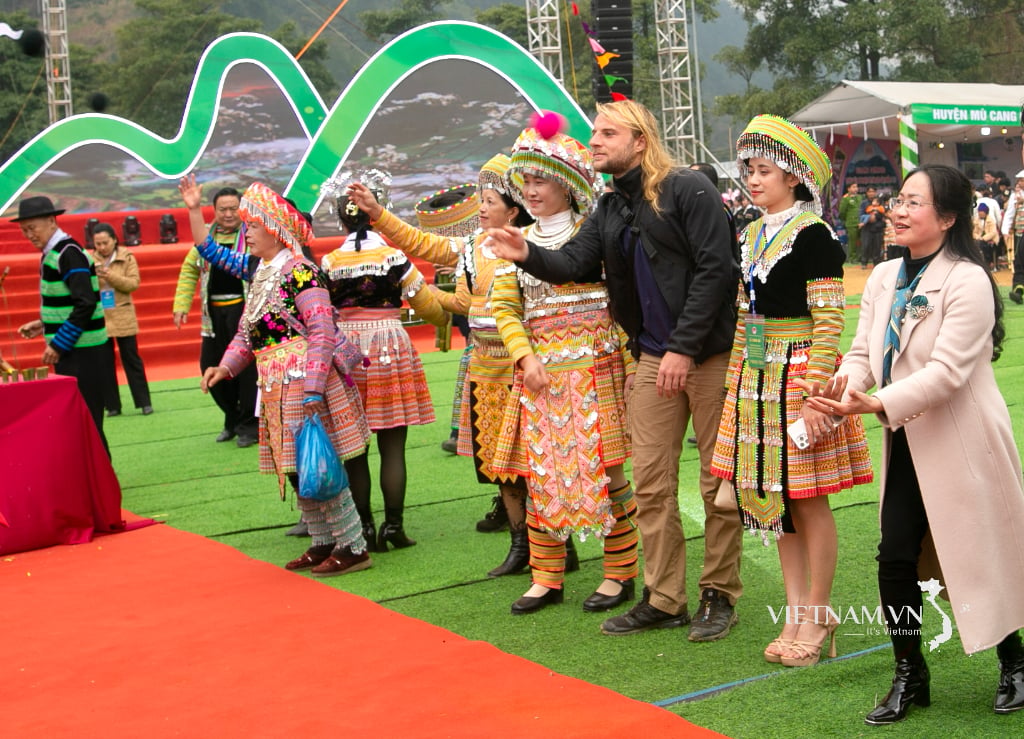



Comment (0)